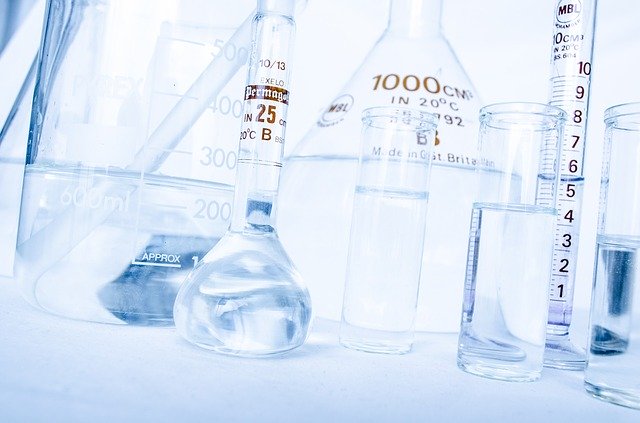According to the recent discovery, COVID-19 patients are at higher risk for thrombotic arterial and venous occlusions. Thrombophilia also develops because of the antiphospholipid syndrome - a disease that is known by developing pathogen antibodies (aPL) to phospholipids and phospholipid-binding proteins.
According to data, some viral infections also cause aPL development, and recently scientists have gotten the data about SARS-CoV-2 being one of those viruses, although the data is based on small sample size.
The team of researchers from the USA measured the level of 8 aPL types in blood samples of 172 patients with confirmed COVID-19. During the research, the concentration of antibodies to cardiolipin (IgG, IgM, IgA), beta-2-glycoprotein (IgG, IgM, IgA) and phosphatidylserine-prothrombin (PS/PT) (IgG and IgM) have also been measured.
At least one of the aPL types has been detected in samples of 52% of the patients, with the most common being IgG to PS/PT (24%), IgG to cardiolipin (23%), IgM to PS/PT (18%). The titer of IgM to cardiolipin correlates with the levels of clinical markers, such as the effectiveness of oxygenation, the level of thrombocytes, and neutrophils, the levels of C reactive protein, D-dimer, calprotectin and myeloperoxidase, researchers discovered. Out of those markers, calprotectin (neutrophil migration indicator) is the one most associated with aPL.
According to data gotten in the previous researches, aPL with antiphospholipid syndrome causes NETs (Neutrophil extracellular traps), which was also described for several COVID-19 patients. NETs can deal great damage to the organism, contributing to inflammation and thrombosis development. Scientists highlighted IgG fraction from the blood samples of people with the confirmed COVID-19 and combined them with the neutrophils gotten from the healthy people, which resulted in 2x decreased NETs intensity. Researchers also proved that IgG of people infected with COVID-19 stimulates the thrombosis.
This research concludes that SARS-CoV-2 stimulates the aPL synthesis, and aPL actively contribute to thrombophilia development. The good treatment strategy for the patients with high aPL titer can be using the standard medicine that is used for APS.
